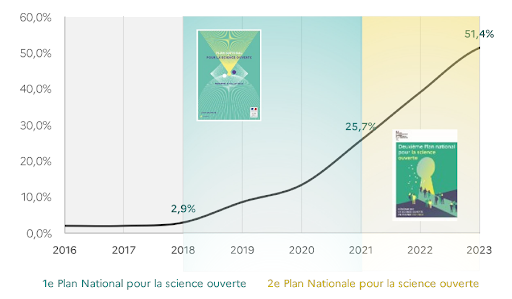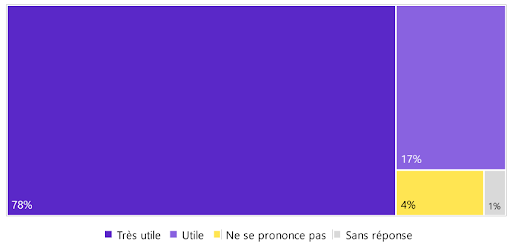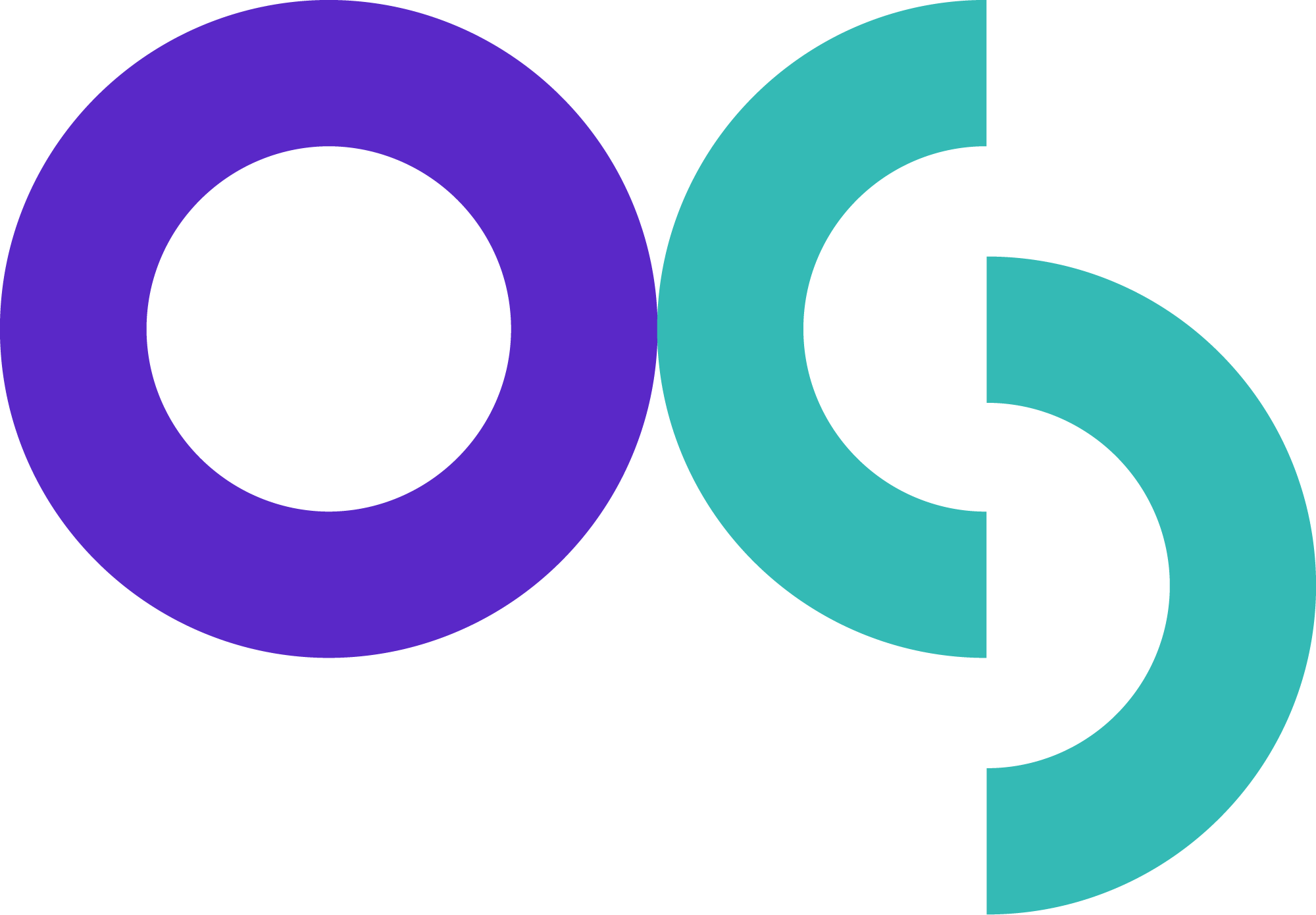Strong support for open science from higher education and research institutions in France
The French Ministry of Higher Education and Research (MESR) has published the results of a survey among higher education and research institutions on their open science policies.
The survey was led by the Committee for Open Science and was carried out from December 2023 to January 2024. A letter, signed by the General Director of Research and Innovation and the General Director of Higher Education and Professional Integration, invited all higher education and research institutions to respond. The survey aimed to better understand the open science policies of these institutions, as well as their opinions regarding the usefulness of the national open science policy. The latter was first defined in 2018, in the National Plan for Open Science. This plan was updated in 2021, with the adoption of the second National Plan for Open Science. The survey also aimed to identify the obstacles that, in the responding institutions’ eyes, hinder the progress of open science in France.
In total, 105 institutions participated in the survey, including 84 universities and research performing organisations. The survey shows a strong support for the national policy among higher education institutions. Only 2.9% of responding institutions had adopted open science framework document in 2018, the year the first national plan was published (Figure 1). This figure now stands at over 50% of institutions having defined a structured policy in a document. There is clearly a “before” and an “after” the national policy.

Figure 1: Trend in the number of institutions with an open science framework document, by year of first publication of the document
Source : Figure 4 p. 12 in How far have we got in implementing our open science policy? Results of the survey among higher education and research institutions (in French). DOI : 10.52949/80.
The institutions are developing framework documents and mobilising qualified personnel to support research teams in adopting open science practices. In addition, the survey shows that responding institutions are strongly committed to the national open science policy. To the question “Did you find the National Plan for Open Science useful?” 78% say that the plan is very useful for them, and 17% that it is useful. Which sums up to the very high score of 95% of the responding institutions (Figure 2).

Figure 2 : Did you find the National Plan for Open Science useful?
Source : Figure 6 p. 13 in How far have we got in implementing our open science policy? Results of the survey among higher education and research institutions (in French). DOI : 10.52949/80.
Higher education and research institutions are implementing strategies consistent with the policy described in the National Plan for Open Science, as are other scientific research stakeholders, including the ANR (French National Research Agency), Hcéres (High Council for the Evaluation of Research and Higher Education) and the Couperin consortium (Unified Consortium of Higher Education and Research Organisations for Access to Digital Publications), which also participated in the survey. Their actions are essential to the practical implementation of the national policy. It should be noted that measures relating to publications, data and training are generally more advanced than those relating to software, source codes and research assessment.
Furthermore, the perception of barriers to the transition to open science is evolving in parallel with the progress of the implementation of open science policy. In the report, a comparison with the 2020 European University Association (EUA) survey shows that while some barriers remain constant (such as differences in disciplines), some were cited more often in 2024 than in 2020 (such as increasing costs and reluctance to data sharing), while others are now cited less often (such as concerns about the legal framework).
This survey discloses an optimistic picture of the implementation of open science policies in France. The policies of the institutions are fully in line with the national open science policy, which itself is part of the international movement supported by the research community and the States.
To learn more
- The report: How far have we got in implementing our open science policy? Results of the survey among higher education and research institutions (in French). DOI : 10.52949/80.
- The survey data: État des lieux des politiques de science ouverte des établissements de l’ESR





